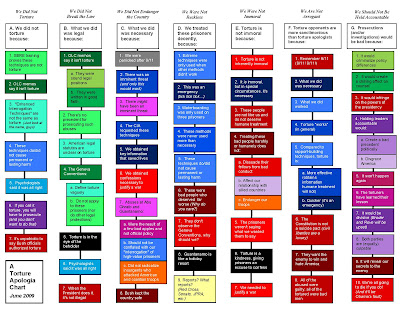Quote of the day (Aristotle Sophistical Refutations 11 (171b20-35):
So, then, any merely apparent reasoning about these things is a contentious argument, and any reasoning that merely appears to conform to the subject in hand, even though it be genuine reasoning, is a contentious argument: for it is merely apparent in its conformity to the subject-matter, so that it is deceptive and plays foul. For just as a foul in a race is a definite type of fault, and is a kind of foul fighting, so the art of contentious reasoning is foul fighting in disputation: for in the former case those who are resolved to win at all costs snatch at everything, and so in the latter case do contentious reasoners. Those, then, who do this in order to win the mere victory are generally considered to be contentious and quarrelsome persons, while those who do it to win a reputation with a view to making money are sophistical. For the art of sophistry is, as we said,’ a kind of art of money-making from a merely apparent wisdom, and this is why they aim at a merely apparent demonstration: and quarrelsome persons and sophists both employ the same arguments, but not with the same motives: and the same argument will be sophistical and contentious, but not in the same respect; rather, it will be contentious in so far as its aim is an apparent victory, while in so far as its aim is an apparent wisdom, it will be sophistical: for the art of sophistry is a certain appearance of wisdom without the reality. The contentious argument stands in somewhat the same relation to the dialectical as the drawer of false diagrams to the geometrician; for it beguiles by misreasoning from the same principles as dialectic uses, just as the drawer of a false diagram beguiles the geometrician.
This is often the analogy that I use when discussing fallacies. I get little traction, because the students think fouling is part of the game.


